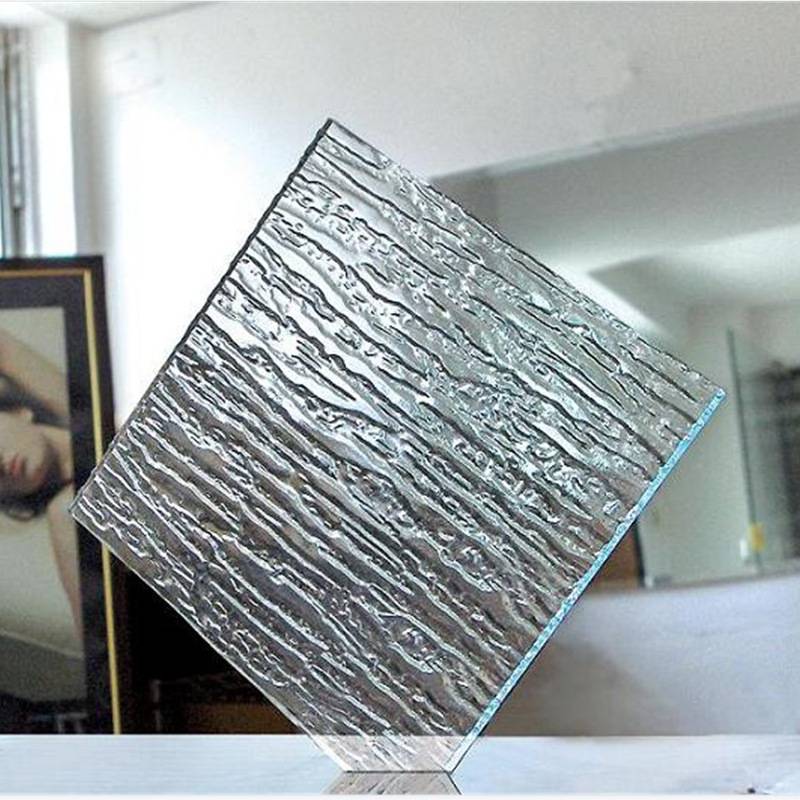The Versatile Uses of Float Glass
Float glass, an essential material in modern architecture and manufacturing, has gained significant popularity since its introduction in the mid-20th century. Known for its high optical clarity, flatness, and smooth finish, float glass serves a multitude of applications across various industries. Understanding the uses and benefits of this innovative material reveals why it remains a prime choice for a plethora of projects.
One of the most prominent applications of float glass is in the construction industry. Architects and builders often favor float glass for window installations due to its exceptional transparency and aesthetic appeal. The glass allows natural light to flood into spaces, creating bright and inviting environments while also providing views of the outside world. Additionally, float glass can be treated for enhanced thermal insulation and UV protection, making it an energy-efficient option for both residential and commercial buildings. When used in windows, it contributes to the overall sustainability of structures, helping to reduce heating and cooling costs.
The Versatile Uses of Float Glass
Beyond architecture, float glass also plays a crucial role in the automotive industry. It is widely used for windshields, side windows, and rear windows in vehicles. The manufacturing process ensures that float glass offers durability and resistance to impact, essential characteristics for automotive safety. Additionally, the glass can be treated to include features like tinting or lamination, further enhancing driver and passenger comfort and protection.
float glass uses
In the realm of interior design, float glass is increasingly utilized for decorative purposes. Designers incorporate float glass in furniture, such as tabletops, cabinets, and partitions, thanks to its sleek appearance and versatility. Glass installations can create an illusion of space in smaller areas and add a touch of modern elegance to any room. Moreover, with the option of using colored or frosted float glass, designers can achieve various aesthetic effects that align with the interior's overall theme.
Electronics and technology are other fields where float glass finds extensive use. It is often used in the production of screens for televisions, smartphones, and computer devices. The glass provides a smooth tactile surface that is both appealing and functional. Its capacity to be tempered and coated allows for a combination of features such as scratch resistance and enhanced touch sensitivity, thereby improving user experience.
Additionally, float glass has become significant in the solar energy sector. Solar panels are often made with float glass to protect photovoltaic cells while allowing sunlight to penetrate. The transparency and durability of float glass ensure that solar panels remain efficient and effective in harnessing renewable energy.
In conclusion, the versatility of float glass is undeniable. From enhancing architectural designs to playing a pivotal role in manufacturing and technology, its applications are ever-growing. As innovation continues to drive the industry forward, float glass is poised to remain an integral part of our built environment and daily lives. The blend of functionality and beauty it provides makes it a material worth appreciating in countless contexts.
 Afrikaans
Afrikaans  Albanian
Albanian  Amharic
Amharic  Arabic
Arabic  Armenian
Armenian  Azerbaijani
Azerbaijani  Basque
Basque  Belarusian
Belarusian  Bengali
Bengali  Bosnian
Bosnian  Bulgarian
Bulgarian  Catalan
Catalan  Cebuano
Cebuano  Corsican
Corsican  Croatian
Croatian  Czech
Czech  Danish
Danish  Dutch
Dutch  English
English  Esperanto
Esperanto  Estonian
Estonian  Finnish
Finnish  French
French  Frisian
Frisian  Galician
Galician  Georgian
Georgian  German
German  Greek
Greek  Gujarati
Gujarati  Haitian Creole
Haitian Creole  hausa
hausa  hawaiian
hawaiian  Hebrew
Hebrew  Hindi
Hindi  Miao
Miao  Hungarian
Hungarian  Icelandic
Icelandic  igbo
igbo  Indonesian
Indonesian  irish
irish  Italian
Italian  Japanese
Japanese  Javanese
Javanese  Kannada
Kannada  kazakh
kazakh  Khmer
Khmer  Rwandese
Rwandese  Korean
Korean  Kurdish
Kurdish  Kyrgyz
Kyrgyz  Lao
Lao  Latin
Latin  Latvian
Latvian  Lithuanian
Lithuanian  Luxembourgish
Luxembourgish  Macedonian
Macedonian  Malgashi
Malgashi  Malay
Malay  Malayalam
Malayalam  Maltese
Maltese  Maori
Maori  Marathi
Marathi  Mongolian
Mongolian  Myanmar
Myanmar  Nepali
Nepali  Norwegian
Norwegian  Norwegian
Norwegian  Occitan
Occitan  Pashto
Pashto  Persian
Persian  Polish
Polish  Portuguese
Portuguese  Punjabi
Punjabi  Romanian
Romanian  Russian
Russian  Samoan
Samoan  Scottish Gaelic
Scottish Gaelic  Serbian
Serbian  Sesotho
Sesotho  Shona
Shona  Sindhi
Sindhi  Sinhala
Sinhala  Slovak
Slovak  Slovenian
Slovenian  Somali
Somali  Spanish
Spanish  Sundanese
Sundanese  Swahili
Swahili  Swedish
Swedish  Tagalog
Tagalog  Tajik
Tajik  Tamil
Tamil  Tatar
Tatar  Telugu
Telugu  Thai
Thai  Turkish
Turkish  Turkmen
Turkmen  Ukrainian
Ukrainian  Urdu
Urdu  Uighur
Uighur  Uzbek
Uzbek  Vietnamese
Vietnamese  Welsh
Welsh  Bantu
Bantu  Yiddish
Yiddish  Yoruba
Yoruba  Zulu
Zulu 

